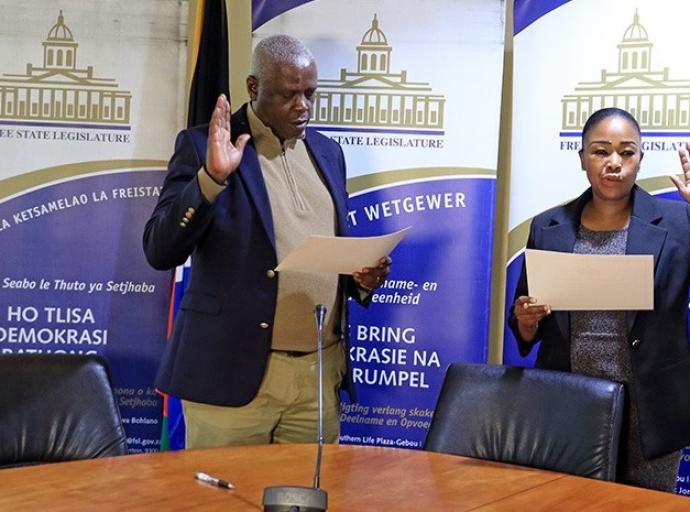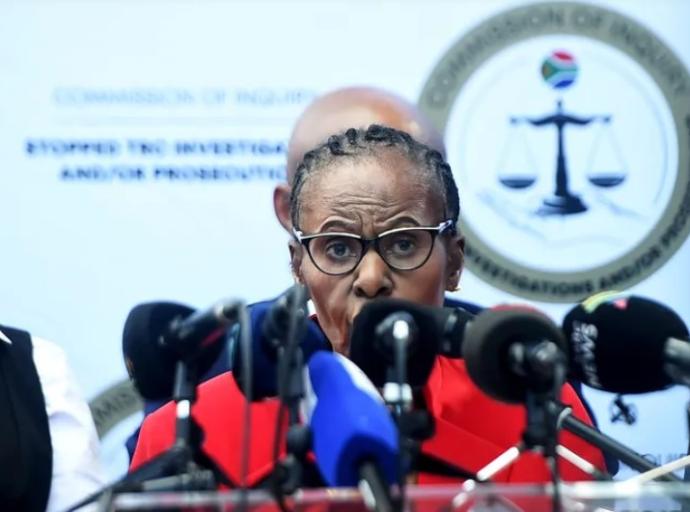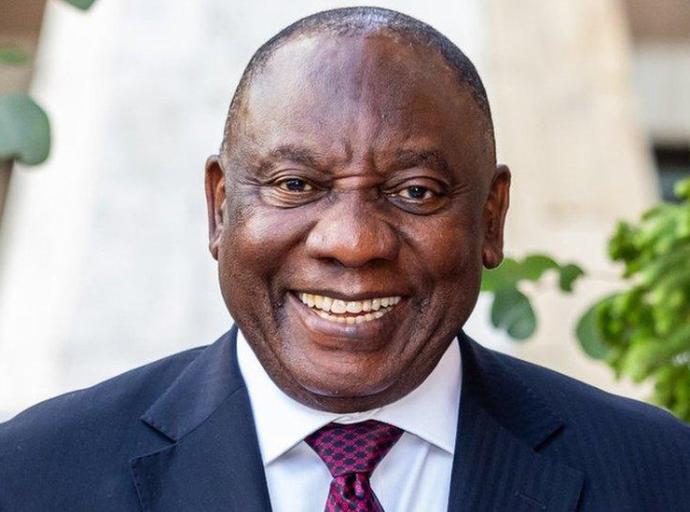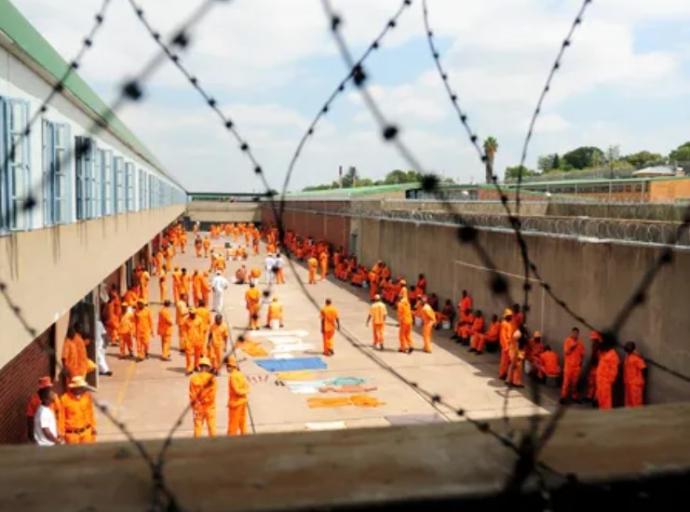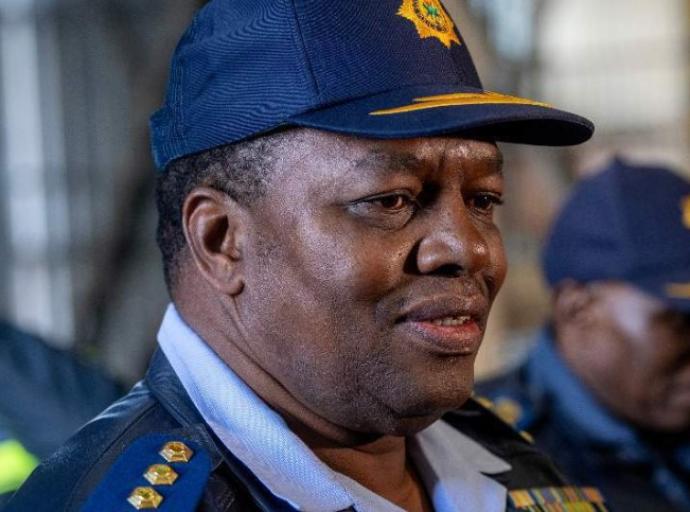Opposition is mounting against proposed changes to the National Credit Act (NCA) introduced by the Department of Trade, Industry and Competition (DTIC), with youth advocacy groups and student organisations warning that the amendments could entrench cycles of poverty and exclusion among young South Africans.
Recent reports indicate that under the amendments, educational institutions would be added to the list of entities that can supply credit information to credit bureaus, alongside banks, courts, and debt collectors. This means that unpaid student fees or other educational debts could end up on a young person’s credit record, leading to blacklisting. Critics argue that the move could worsen the position of students who already struggle to graduate due to unpaid fees, and further block their access to housing, loans, or financial services.
Youth Capital, a youth advocacy campaign, expressed alarm at the implications for young people who rely on credit to access education, start businesses, or cover the costs of seeking work.
“Youth Capital welcomes efforts to ensure that young people, who are often first-time borrowers, are safeguarded against unfair lending practices,” said Buhle Magwaza, Project Lead at Youth Capital. “But these amendments can cause harm to young people, as students and hustlers turning to entrepreneurship as a survival strategy in the face of record unemployment.”
Magwaza argued that the framework treats defaults as individual failures without recognising the structural drivers of debt. “These numbers illustrate how young people are not failing to repay debt out of irresponsibility; they are being set up against impossible odds in a system that denies them both work and opportunity,” she said, pointing to youth unemployment of 71.7% for 15–24-year-olds and 49.5% for those aged 25–34 in the second quarter of 2025.
She warned that under the proposed framework, defaults would trigger severe consequences such as blacklisting, garnishee orders, and long-term exclusion from formal financial systems. “These outcomes can entrench disadvantages: closing doors to further education and training, housing, entrepreneurship, and even employment opportunities that require a clean credit history,” Magwaza said.
According to Youth Capital, the tightening of regulations risks portraying debt default as a personal failure rather than recognising systemic issues. “Doing this means ignoring the real, structural drivers of debt: the unaffordability of higher education, the high costs of looking for work, and limited pathways to decent jobs. It also overlooks the precarious reality of entrepreneurship for young people who have no safety nets,” Magwaza added.
She called for complementary reforms to accompany the proposed amendments. “Without complementary measures such as income-contingent repayment systems, debt relief schemes, and more robust public investment in education and self-employment support, these amendments risk further entrenching cycles of exclusion,” she said.
“An example is the steady increase of graduate unemployment now at 12.2%, showing that a qualification does not guarantee protection from exclusion. Penalising defaults without structural reforms will deepen this trap,” Magwaza added.
The South African Democratic Teachers’ Union Students’ Chapter (SADTU SC) has also come out strongly against the DTIC’s proposals, describing them as a betrayal of young South Africans.
“The South African Democratic Teachers Union Students’ Chapter (SADTU SC) note with dismay the proposed bill by the Department of Trade, Industry and Competition (DTIC), which aims to blacklist individuals with student debt,” said National Coordinator Xolani Dube in a statement.
“This is nothing but a sheer betrayal of a promise, and lack of commitment to the plea of an African child. The disingenuous proposed bill by DTIC is regressive and has the ability to perpetuate a cycle of poverty,” Dube said.
SADTU SC called for the scrapping of clause 18(17)e, describing it as “highly contentious and bound to cause an outcry.”
Dube added: “It is a matter of fact that student debt is often unavoidable for those seeking higher education, and this bill disproportionately affects individuals from disadvantaged backgrounds. Rather than penalising these students, DTIC should focus its efforts on enabling social mobility through creating more equitable educational funding and repayment options.”
Both organisations have stressed that the amendments, without broader structural reform, will only deepen exclusion. Magwaza said the credit system should “create pathways for financial rehabilitation, so that a period of hardship does not permanently exclude young people from economic opportunity.”
She added that education and training should serve as “a bridge, not a barrier,” and urged policymakers to design repayment systems linked to income realities, introduce debt relief schemes, and institutionalise financial literacy and mentorship for young entrepreneurs.
With unemployment at record levels and graduate joblessness rising, youth organisations warn that the amendments risk closing off opportunities for a generation already under pressure. “Penalising defaults without structural reforms will deepen this trap,” Magwaza said.
*This article was first published by IOL News


